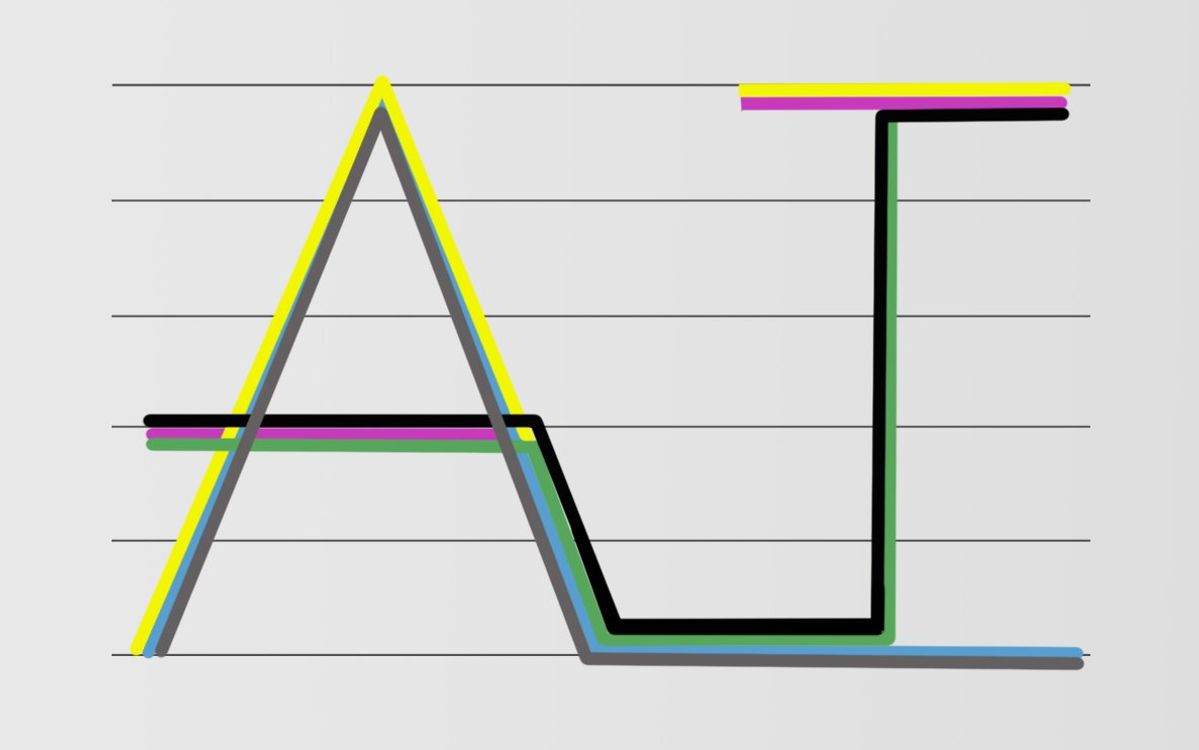Apple announced today that the company is updating the heart rate monitoring software in existing Apple watches so that they gather and display more information. This short statement, delivered amid two hours of hardware and software announcements, packs a huge amount of potential.
Jeff Williams, Apple chief operating officer, described the new features, explaining that enhancements to the heart rate app include: correlating heart rate and accelerometer data to calculate a wearer’s standard resting heart rate; monitoring recovery time, that is, how long it takes after an activity for the watch wearer’s heart rate to return to its resting state; and alerting the user when the app detects an elevated heart rate at times when other sensors are not picking up physical activity—a potential sign of trouble.
The app will also monitor heart rhythms, Williiams said. In a pilot study with Stanford Medicine set to begin later this year, the heart rate app will notify users of heart rhythm problems such as atrial fibrillation, or AFib, a common heart rhythm problem that can be asymptomatic until it leads to complications.
These enhancements represent just the tip of the iceberg with respect to what can be done with continuous heart rate monitoring. John Rogers, a pioneer in wearable electronics, and his team at Northwestern University will be launching a large study involving expectant mothers in January. Rogers and his team will use continuous heart rate monitoring via an MC10 BioStamp to gather heart rate and heart rate variability data. With appropriate data analytics, Rogers says, the researchers will be able to get clues pointing to psychological stress of the type that is known to have adverse effects on the gestational period. When stress levels are high, the subjects will receive alerts advising them to take preventive action, he says.
Tekla S. Perry is a senior editor at IEEE Spectrum. Based in Palo Alto, Calif., she's been covering the people, companies, and technology that make Silicon Valley a special place for more than 40 years. An IEEE member, she holds a bachelor's degree in journalism from Michigan State University.



